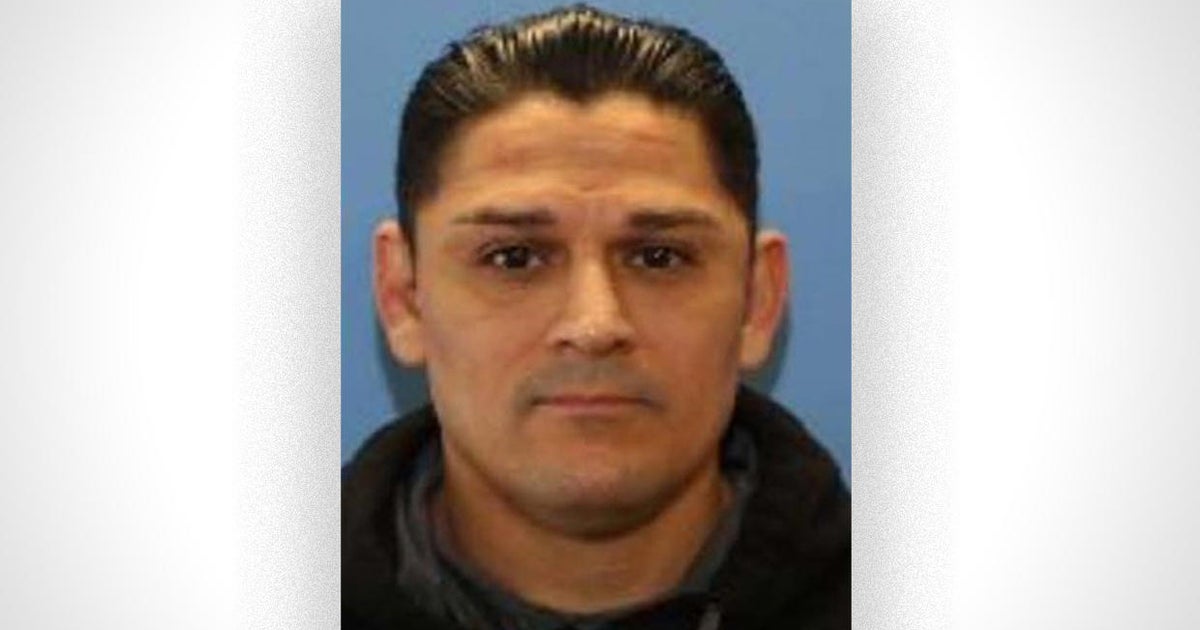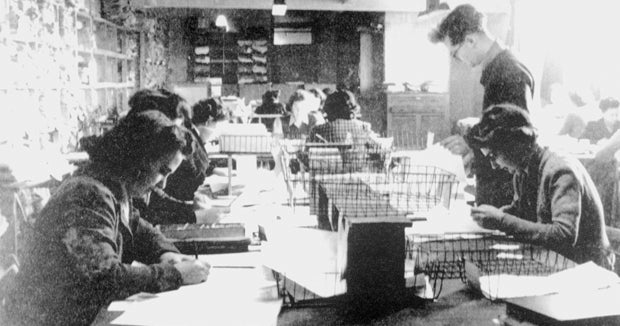U.K. police investigate reports of women being drugged with needles at nightclubs
London — Police forces across the U.K. are investigating reports of women being drugged with needles while out at bars or clubs, according to the National Police Chiefs' Council. Several women in cities across England reported blacking out after feeling scratching sensations, or then waking up the next day to find what they believe to be puncture wounds on their bodies.
Student groups in more than 40 cities across the U.K. have organized boycotts of nightclubs next week, with many young women saying they're afraid of being drugged, and that not enough is being done to tackle the issue of "spiking," which is when someone gives someone else drugs or alcohol without their knowledge, often by secretly adding it to their drink.
"A pin prick in my leg"
"I went out with my friends to a nightclub in the city, nothing more than what we would usually do," Sarah Buckle, a student at the University of Nottingham, told CBS News partner network BBC News. "I remember going in, going to the bar, going to the toilet and the photo booth, and then after that moment, my memory is a blank until I get home."
Buckle said that when she woke up the next morning, her leg hurt a lot.
"I didn't find any bruising or anything, but I found a pin prick in my leg, which was the epicenter of all pain. It made me unable to walk, and I was limping around."
Buckle went to the hospital and tried to get tested for drugs, but said she was told it was too late, as any drugs that might have been used on her would already have left her system. She asked to be tested for HIV and other illnesses that could have been carried by a dirty needle, and she was awaiting those results.
"We are currently investigating reports of individuals suspecting that their drinks have been spiked. Linked to this, a small number of victims have said that they may have felt a scratching sensation as if someone may have spiked them physically," Nottinghamshire Police Superintendent Kathryn Craner told the BBC.
"We do not believe that these are targeted incidents. They are distinctly different from anything we have seen previously as victims have disclosed a physical scratch type sensation before feeling very unwell. This is subtly different from feelings of intoxication through alcohol, according to some victims," she said.
Drink spiking
The Nottinghamshire police are investigating at least a dozen reports of possible spiking with needles, along with other reports of spiking, and at least one man has been arrested in connection with those investigations.
Dr. Adam Winstock, who founded the Global Drugs Survey, told CBS News that it's crucial to investigate these reports, but the practicalities of injecting someone make it a far more difficult way of drugging someone than other methods.
"Within hospital settings, you know, medication is drawn up in a syringe. The patient is complying. Their arm or their leg is still and you pop the needle in and you inject it slowly in a way where it's, you know, relatively painless," he said. "The idea that someone is walking around with a loaded syringe that they randomly are able to jab into someone in a way that doesn't cause someone to immediately pull back before that drug has actually been injected, just, that's really difficult."
Winstock said it was much more common for people to be spiked in other ways.
"The most common drug used in suspected drink spiking is alcohol, and that's because it's the easiest drug to add to other alcoholic beverages without people knowing," he said. "What's terrifying for most people is not knowing what's happening."
"An epidemic"
The reports of spiking with needles triggered an outpouring of anonymous accounts of other forms of spiking on social media, and women at universities across the country are planning boycotts of nightclubs and bars next week.
An online petition calling for clubs to do more to search customers for possible date-rape drugs before they're allowed to enter got more than 160,000 signatures, which means it will be considered for debate by the British parliament.
"Spiking has become an epidemic. Never before have we heard so many students waking up with no memory of what had happened the night before," said one social media account behind a boycott being planned in Edinburgh, Scotland. "This is not getting 'black-out drunk,' this is getting drugged and is something that can be changed."
The boycott organizers are asking for bars and clubs to increase their security, provide drink protection services and a safe way for customers to get medical attention or back home, in the case of a suspected attack.
"This is NOT a stay at home message. This is asking our students to protest against the clubs and bars," they said. "They are not responding to our complaints, so we must make them."



